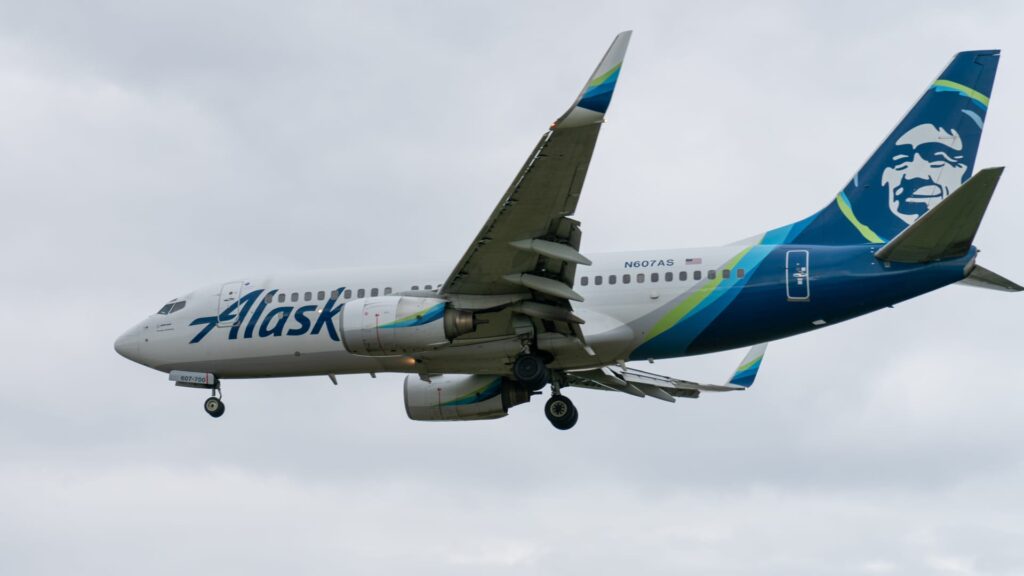Alaska Airlines and Hawaiian Airlines The U.S. Department of Transportation said Tuesday that the two companies can go ahead with their planned merger but must preserve the value of the airline’s rewards system and maintain some key routes.
The companies’ $1.9 billion merger agreement cleared review by the Department of Justice last month, putting it under the jurisdiction of the Department of Transportation, which also must review airline mergers.
The Transportation Department said airlines must ensure that miles earned in the HawaiianMiles and Alaska Mileage Plan programs before the creation of the new unified loyalty points system will not expire and can be transferred at a one-to-one ratio.
It is also necessary to maintain “essential air support” to the region and maintain current levels of service on passenger and cargo routes between the Hawaiian islands, Transportation Secretary Pete Buttigieg said at a press conference.
The Transport Ministry noted that while the airlines can begin the merger process, they still need approval for their transfer applications, which would allow them to operate combined international routes under one certificate.
Following the Department of Transportation’s announcement, Alaska Airlines said it would appoint an interim transition team to oversee the integration of the two companies as they seek to obtain a single operating certificate from the Federal Aviation Administration. The company said Joe Sprague, currently Alaska Airlines’ regional president for Hawaii, will be named CEO of Hawaiian Airlines once the transaction closes and until FAA procedures are completed.
Hawaiian Airlines shares rose about 4% on Tuesday.
When the two airlines announced their plans to merge in December, they said they would maintain their respective brands, operate from a single platform and have a fleet of more than 360 aircraft serving more than 130 destinations.
The Transportation Department said Hawaiian Airlines must adopt Alaska Airlines’ practice of guaranteeing seats for families at no extra charge and paying compensation if the airline causes significant flight delays or cancellations.

